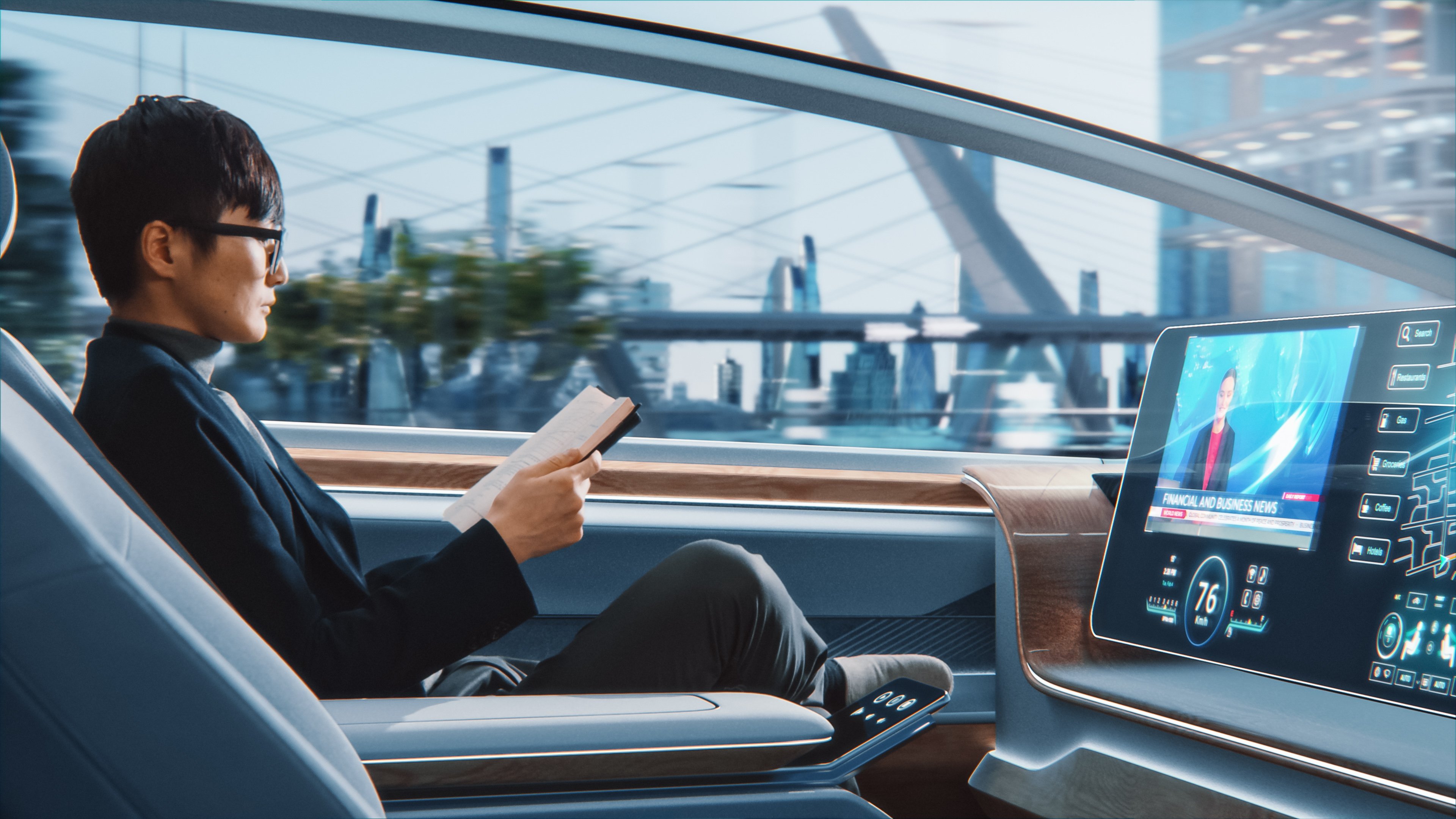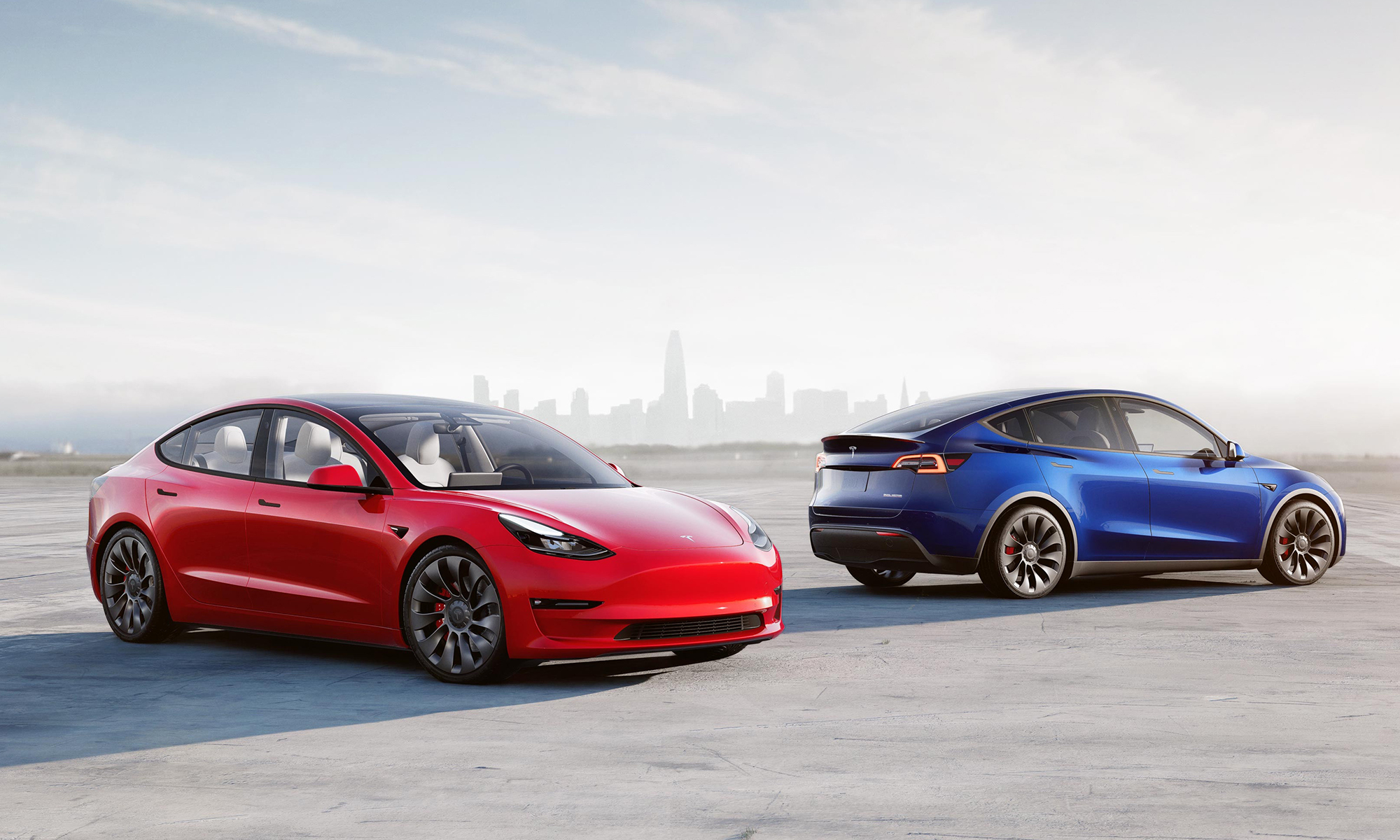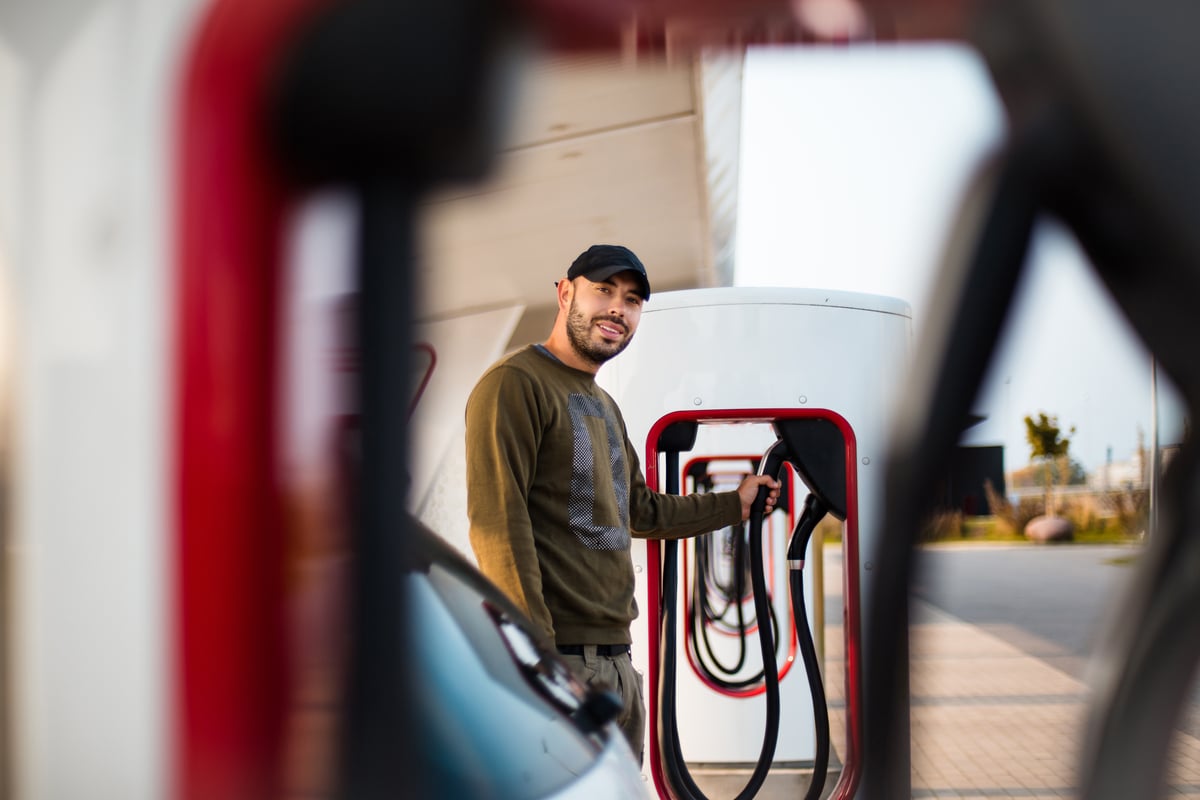When it comes to pricing luxury cars in China, the industry norm is basically to double U.S. prices. While some of this markup is to account for unavoidable taxes, transportation costs, and customs duties, much of it goes straight to operating profits. In fact, it's normal for auto manufacturers to double or even triple their profits on their luxury cars sold in China. Is this the right thing to do? Tesla Motors (TSLA 4.58%) doesn't think so.

Model S.
As The Wall Street Journal reported in December, the BMW X5 xDrive35i had a price tag of $56,025 in the U.S. and, at the same time, $152,176 in China. Mercedes-Benz plays along, too. Its top cars sell in China at a price that about doubles their U.S. price.
China's massive luxury markup
Sure, it makes sense for auto manufacturers to have higher price tags on their vehicles in China -- it's costly to get them there. Tesla, for instance, pays approximately $3,600 on shipping and handling, $19,000 on customs duties and taxes, and $17,700 on VAT for Model S shipments to China. That's $40,300 total, a considerable sum. But, contrary to other manufacturers of premium vehicles, it's by this exact amount that Tesla had decided to mark up its cars in China.
Tesla CEO Elon Musk is leading his company in a different direction:
We care about fairness, and we care about transparency. We care about advancing the cause of electric cars in China. And we care about doing the right thing for our customers -- no matter where they live.
After the company unveiled its pricing in China last week, Musk expressed his frustration in a phone interview with Bloomberg. "They're all basically colluding," he said.
Could Tesla's move for fair pricing of its luxury Model S sedan be the beginning of a movement toward fair pricing for its peers in the country? Maybe, but it certainly wouldn't happen overnight. Pressure could come from other outside forces, too. Chinese government officials have criticized foreign auto manufacturers about their pricing practices, even calling it gouging.
For Tesla, the answer to how it prices its vehicles in China was easy. It approaches pricing the same in every country: Only increase the price by whatever fees are imposed by the country, plus transportation costs.
Does it make business sense?
Though the pricing argument could be debated in terms of fairness, it also could be argued that a fair pricing strategy is better for business, too.
"I just don't think ripping off customers is a good long-term strategy," Musk told Bloomberg. In the Los Angeles Times, Jerry Hirsch also asserted that the move makes business sense. Why? "China is the biggest, and fastest growing, auto market in the world."






